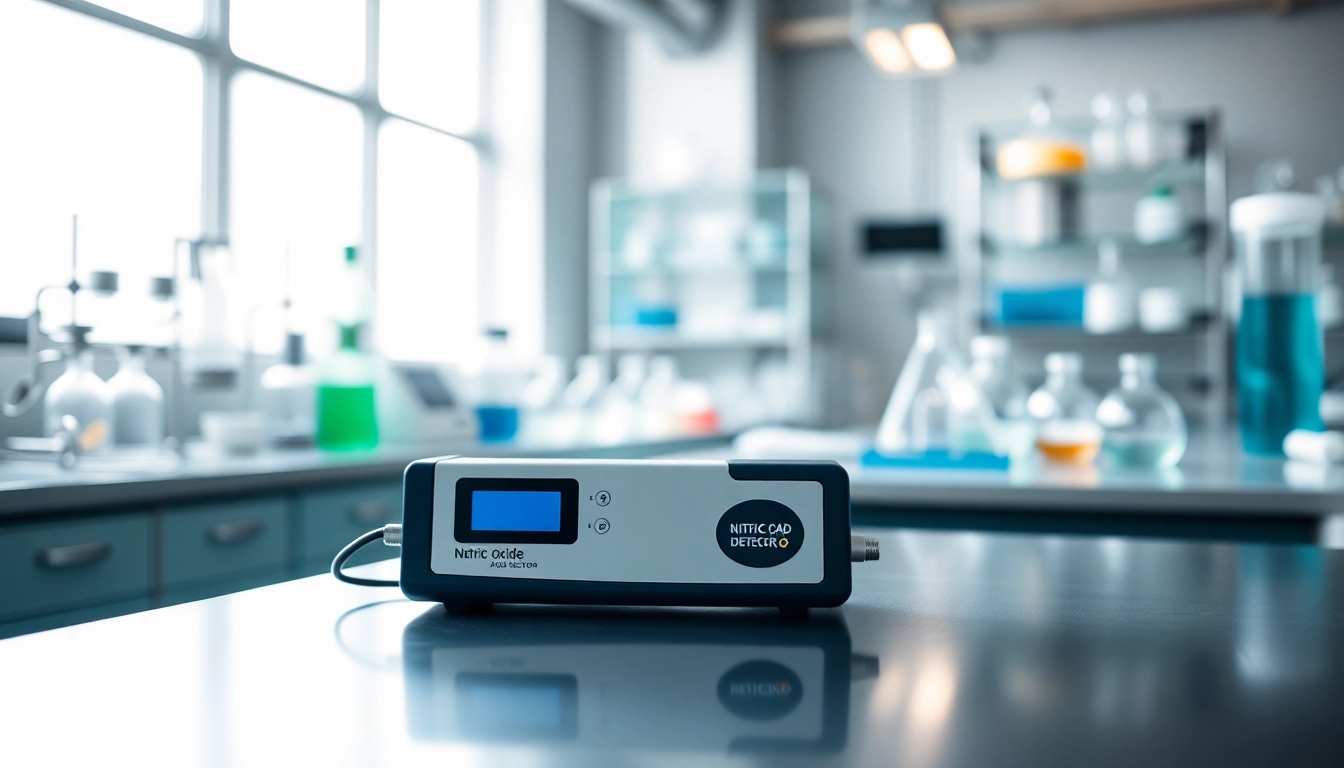Understanding Dealing with Depression
Dealing with depression is a complex journey that affects millions worldwide. Understanding what depression is and how it operates is a crucial first step for anyone experiencing its debilitating effects. This article aims to explore various aspects of depression, from its definitions and symptoms to practical strategies for coping and recovery. By delving deep into the subject, we provide the necessary insights to assist individuals or their loved ones who are struggling.
Depression is characterized by a persistent feeling of sadness or a lack of interest in previously enjoyed activities, and it can profoundly affect daily functioning. The stigma surrounding mental health often complicates the recognition and treatment of depression, making it vital to develop a better understanding. You can begin your journey of dealing with depression by acknowledging its prevalence and your own experiences.
What is Depression?
Depression is not merely a fleeting feeling of sadness or disappointment; it is a severe mental health disorder that can impact every aspect of one’s life. According to clinical definitions, depression can be categorized as a mood disorder that brings prolonged feelings of hopelessness, lack of energy, and diminishing interest in life. Unlike normal emotional fluctuations, depression might manifest as persistent issues with concentration, sleep, weight, and even thoughts of self-harm or suicide.
Common Signs and Symptoms
Identifying the signs and symptoms of depression is essential for both individuals suffering from it and their loved ones. Some common symptoms include:
- Prolonged feelings of sadness or emptiness
- Loss of interest in previously enjoyed activities
- Significant changes in appetite or weight
- Sleep disturbances, such as insomnia or oversleeping
- Chronic fatigue or low energy levels
- Feelings of worthlessness or excessive guilt
- Difficulties concentrating or making decisions
- Thoughts of death or suicide
Not everyone experiences the same symptoms, and their intensity can vary significantly based on personal circumstances.
Types of Depression
Depression can be classified into several types, each with distinct characteristics and implications for treatment:
- Major Depressive Disorder (MDD): Major depressive disorder is characterized by intense feelings of sadness and hopelessness that hinder daily functioning.
- Persistent Depressive Disorder (Dysthymia): A chronic form of depression lasting for two years or more, characterized by less severe but longer-lasting symptoms.
- Seasonal Affective Disorder (SAD): A type of depression that occurs during specific seasons, particularly winter, often linked to reduced sunlight exposure.
- Postpartum Depression: A form of major depression that can occur after childbirth, impacting the mother’s ability to function as a parent.
- Psychotic Depression: A severe form that includes depressive symptoms alongside psychotic experiences such as hallucinations or delusions.
Recognizing the type of depression one is experiencing can aid in navigating suitable treatment options.
Factors Contributing to Dealing with Depression
Genetic and Biological Factors
Research has demonstrated that genetics can play a significant role in individual susceptibility to depression. If you have a family history of depression or mental health disorders, you may be at a higher risk. Additionally, biological factors, including hormonal imbalances and variations in brain chemistry, can influence the likelihood of developing depression.
Environmental Influences
Environmental stressors such as trauma, abuse, or significant life changes can trigger depressive episodes. Factors like social isolation, lack of support, and chronic stress are also known contributors. These experiences may lead individuals to perceive their circumstances as insurmountable, exacerbating feelings of hopelessness.
Psychological Triggers
Cognitive factors, including negative thought patterns or cognitive distortions, can impact emotional well-being. Individuals who frequently engage in self-criticism or rumination may find themselves more susceptible to depression. Developing coping strategies to counter these negative thoughts is essential for effective management.
Effective Treatments for Dealing with Depression
Psychotherapy Options
Psychotherapy, often referred to as talk therapy, is one of the most commonly recommended treatments for depression. Various therapeutic approaches include:
- Cognitive Behavioral Therapy (CBT): This approach helps individuals identify and modify negative thought patterns and behaviors that contribute to their depression.
- Interpersonal Therapy (IPT): Focused on improving relationship dynamics, IPT addresses issues that may be contributing to depressive symptoms.
- Dialectical Behavior Therapy (DBT): A form of therapy designed for individuals with emotional regulation difficulties, DBT emphasizes the development of coping skills.
Engaging in therapy can provide individuals with tools to manage their feelings and improve their functioning in everyday life.
Medication Alternatives
Antidepressant medications can be effective in treating depression, particularly for those with moderate to severe symptoms. Common classes of antidepressants include:
- Selective Serotonin Reuptake Inhibitors (SSRIs): Such as fluoxetine and sertraline, these medications increase serotonin levels in the brain.
- SNRIs (Serotonin-Norepinephrine Reuptake Inhibitors): Medications like venlafaxine are effective for some patients as they influence both serotonin and norepinephrine.
- Tricyclic Antidepressants: Although less commonly used due to side effects, these drugs can also be effective in treating severe depression.
Consulting with a healthcare provider is crucial for determining the most appropriate treatment plan, including medication and its potential side effects.
Complementary Therapies
In addition to traditional treatments, many individuals find relief through complementary therapies. These can include:
- Mindfulness and Meditation: Practicing mindfulness and meditation can enhance emotional regulation and reduce stress levels.
- Exercise: Physical activity has been shown to increase the production of endorphins and improve mood.
- Nutritional Support: Diet plays a significant role in mental health. Ensuring a balanced diet can help stabilize mood and energy levels.
While these approaches may not substitute for conventional treatment, they can serve as valuable adjuncts to comprehensive care.
Practical Tips for Dealing with Depression
Self-Care Strategies
Implementing self-care strategies is a fundamental part of managing depression. Some effective practices include:
- Establishing daily routines to provide structure
- Setting attainable goals to foster a sense of achievement
- Practicing relaxation techniques, such as deep breathing or yoga
- Avoiding excessive consumption of alcohol or drugs, which can worsen symptoms
Self-care is not selfish; it is an essential component of recovery.
Building Support Networks
A solid support network can make a substantial difference. Connecting with family, friends, or support groups helps combat isolation associated with depression. Engaging in activities with those who understand your experiences can foster a sense of belonging and provide emotional support.
Establishing Healthy Routines
Creating routines that incorporate healthy habits can enhance overall well-being. Elements of a healthy routine may include:
- Regular sleep patterns to improve restfulness
- Consistent meal schedules to maintain energy levels
- Setting aside time for pleasurable activities
Establishing such routines can provide individuals with a sense of control and stability over their lives.
Finding Help for Dealing with Depression
When to Seek Professional Help
Recognizing when it’s time to seek professional help is crucial. If depressive symptoms persist for more than two weeks or significantly hinder daily activities, reaching out to a mental health professional is recommended. Signs that indicate the need for immediate support may include persistent thoughts of self-harm or suicide.
Resources and Support Groups
Various resources can provide valuable assistance to those navigating depression. Seeking out local or online support groups can connect individuals with others facing similar challenges, fostering a sense of community and shared experience. Additionally, hotlines and mental health organizations offer resources and educational materials.
Creating a Plan for Recovery
Developing a recovery plan with input from mental health professionals can provide structure and direction. This plan may include specific treatment goals, coping strategies, and long-term maintenance strategies. By understanding individual needs and responses to treatment, a comprehensive recovery plan can facilitate healing and resilience.



